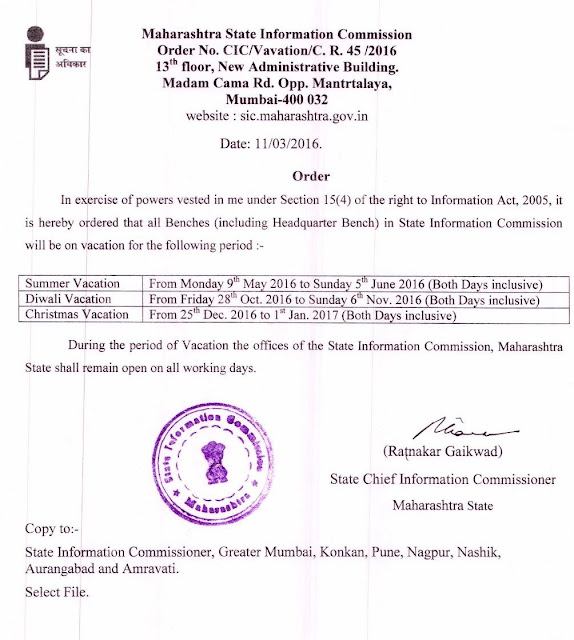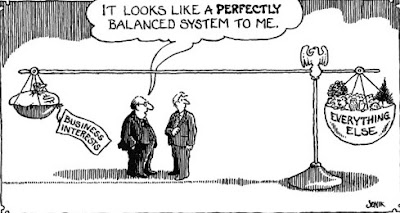Maple Shelters who recently offered 1 BHK flat only for rupees 5 lakh under Pradhan Mantra Awas Yojana (PMAY). But recently Maple has sold 30 square meter flats at whopping cost of around 19 lakhs . There was a lot of chaos after advertisment regarding this appeared in media. Fact is, it is almost impossible to provide 1 BHK flat in 5 Lakh rupees in or around pune . However Credai pune metro has made rival argument supporting Maple shelters.Hence the responsibility to clarify on , how come these flats worth around 19 lakhs rupees will be made available in just 5 lakh rupees is on credai only
No doubt Credai has full right to
support its members. But the way it presented its stand on claims made by Maple
shelters that may not be acceptable to all. Because aims of credai are to perpetuate
self-imposed and mandatory for all the member an ethical code of conduct. But
it seems that credai has devited from it.
 |
| Photo courtsey affordablehousinginstitute.org |
Credai has claimed that , it is
possible for a developer to deliver homes at
a cost of Rs. 7.2 lakhs as advertised by the Maple shelters. Credai also
confirmed that at the cost of Rs. 2200 psf, in the fringe areas where land
costs are low, homes are possible to be constructed and delivered. With the
subsidy of Rs. 2.2 lakhs under the PMAY CLSS scheme, it is very possible to
deliver homes to the affordable segment at a cost of Rs. 5 lakhs as envisaged
by the Government.
 |
| Photo courtsey .democraticunderground.com |
Now let us have a look at two
sale deeds registered in March 2016. Both sale deed are of same maple shelters
who is claiming to provide 1 BHK flat in just 5
lakhs. One is of what they call moshi annex of Kharabwadi and other is of Nanekarwadi.
At kharabwadi they have sold a flat of area 29.17 square metres ( exactly
the carpet area equivalent to scheme under PMAY) at rupees 18,38,942 /- (
Rupees eighteen lakh thirty eight thousand nine hudred and fourty two ) that
comes to around 6,129 rupees per square foot. Even as per ready reckoner rate
comes to around 4,350/-
Other is at Nanekarwadi , they
have sold 32.24 sq.mt flat at cost of 19,58,165 ( nineteen lakh fifty eight
thousand one hundred and sixty five ) , that comes to around Rs 6116/-( six thousand one hundred and nineteen
rupees) even as per ready reckoner this rate comes to Rs 4687/- ( four thousand
six hundred and eight seven rupees)
Now its up to Credai to clarify
that how come these around 30 sq.mt flats can be sold at the cost of 5 lakh
rupees. Even after subsidy under PMAY schemes the rates of these flats come to around
16, 18,942 and 17,38,165 respectively. Even as per ready reckoner rates come to
14 lakh and 15 lakh respectively.
Related
stories
Subscribe
for Free
To receive free emails or free RSS feeds, please, subscribe
to Vijay Kumbhar's Exclusive News &
Analysis
RTI KATTA is a platform to empower oneself through
discussions amongst each other to solve their problems by using Right to
Information act, Every Sunday at Chittaranjan Watika, Model Colony,Shivaji
nagar, Pune, between 9.30 to 10.30 A.M.
RTI Resource Person, RTI Columnist
Phone – 9923299199
Email – kvijay14@gmail.com
Website – http://surajya.org
Facebook - https://www.facebook.com/kvijay14
Twitter - https://twitter.com/Vijaykumbhar62
YouTube - https://www.youtube.com/user/kvijay14





























